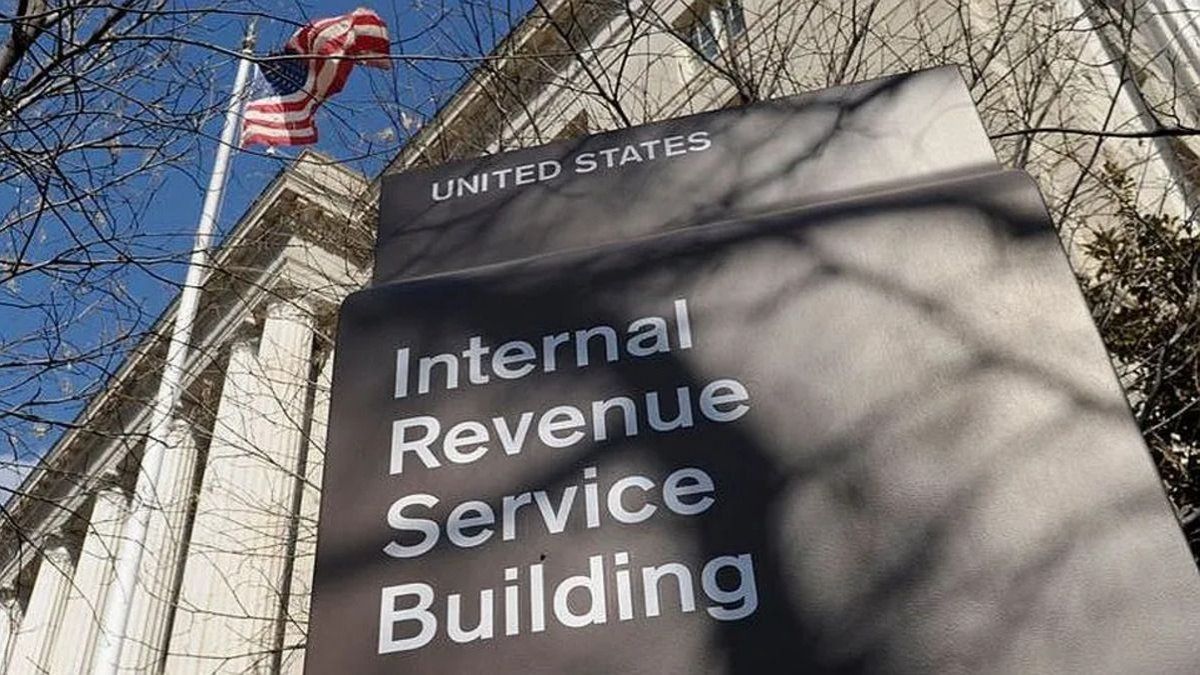The owner of the Federal Public Revenue Administration (AFIP), Florence Misrahi, met in Washington with his counterpart Internal Revenue Service (IRS), Daniel Werfel, to advance the details on the first automatic exchange of information between the two bodies. What are they? the scope of the agreement.
As he anticipated Scope, Last week, the head of the fiscal agency held a meeting with her American counterpart, with the aim of promoting the exchange of data linked to the financial accounts of Argentines abroad.
The agreement FATCA (Foreign Account Tax Compliance Act) was signed in 2022 between Argentina and the United States and establishes a massive exchange of data on Argentine taxpayers with accounts in the North American financial system as of December 31. This will allow the identification of the account holders, the financial institution required to report, the amounts of interest and other income from US sources.
1 – In which cases will the US inform Argentina of data on accounts opened in financial institutions?
- The United States will send certain information on deposit accounts in banking entities, as long as the account holder is a natural person resident in Argentina and more than US$10 in interest is paid into that account at any time during the year.
2 – What types of accounts are called deposit accounts?
- A Deposit Account is considered to be any commercial account, checking account, savings account, term account or savings account or other account documented by a certificate of deposit, savings, investment, debt or other similar instrument, opened in a Financial Institution in the ordinary exercise of its banking or similar activity in the United States.
3 – If the interest exceeds US$10 in the year, what information will Argentina receive?
If the interest exceeds US$10, the United States will send the following information:
- a) Name and surname, address and CUIT of the Argentine resident who owns the deposit account.
- b) Deposit account number.
- c) Name and identification number of the Reporting U.S. Financial Institution.
- d) The gross amount of interest paid on the Deposit Account.
4 – What deposit account information will the United States NOT send to Argentina?
- It will not report deposit account balances, but only interest where applicable.
- Gross amounts of interest paid will not be reported if the account is owned by other types of entities residing in Argentina that are not natural persons, such as corporations, limited liability companies, trusts, foundations, etc.
- It will not report information on a savings account owned by a corporation resident in Argentina in which more than US$10 of interest was collected during the year.
- It will not report information from an open checking account owned by a natural person residing in Argentina in which no interest was charged during the year.
5 – In which cases will the United States inform Argentina of data on financial accounts opened in financial institutions in that country?
- The United States will report certain financial account information other than the deposit accounts listed above when collecting U.S.-source dividends and/or other Washington-source income paid or credited to the account to the extent it is subject to reporting under chapter 3 of subtitle A or chapter 61 of subtitle F of the U.S. Internal Revenue Code, regardless of the amount.
6 – Does the parameter of more than US$10 also apply to report information to Argentina?
- No, in the case of the financial accounts mentioned, there is no limit to the amount up to which information is not reported.
- If the situation described above applies, the information will be submitted regardless of the amount of dividends and/or other reportable income.
7 – What financial account information will Argentina receive?
In the case of reportable financial accounts according to the previous point, Argentina will receive the following information:
- a) Name and surname, Company name or denomination, address and CUIT of the Argentine resident who holds the financial account.
- b) Financial account number.
- c) Name and identification number of the Reporting U.S. Financial Institution.
- d) The gross amount of U.S. source dividends paid in the year into the account.
- e) The gross amount of other U.S. source income paid or credited to the account, to the extent it is subject to reporting under chapter 3 of subtitle A or chapter 61 of subtitle F of the U.S. Internal Revenue Code.
8 – What financial account information will the United States NOT send to Argentina?
- It will NOT report financial account balances but only dividends and other income mentioned where applicable.
- It will NOT report information on companies not resident in Argentina even if the final beneficiaries are residents in Argentina.
- It will NOT report the collection of dividends distributed by participation in a European Company since they are not from a source in the United States.
9 – When will Argentina receive the information?
- The exchange of information is in effect and the information that the United States will send will be from January 1, 2023 onwards.
- The AFIP has reported on its website that the requirements have been met for the first exchange of information to take place in September 2024 regarding the information for 2023.
10 – Will the information received by Argentina be made known before the first stage of the money laundering process is completed?
- The fiscal package project, which has been partially approved by the Chamber of Deputies, contemplates a money laundering process whose first stage ends on November 30, 2024, with requirements to be met by September 30, 2024.
- If it becomes law, it will be possible to know by then whether the United States sent the information, but not the details of it.
- Given previous experience, where AFIP takes a considerable time to process and make available the information obtained through the multilateral information exchange agreement “CRS”, there is a possibility that the whitening period will come to an end before this information is available.
FLORENCIA MISRAHI, head of AFIP, and Daniel Werfel of the Internal Revenue Service (IRS).jpg
Florencia Misrahi’s trip to Washington accelerates information exchange with the US
The meeting between Misrahi and his IRS counterpart, Daniel Werfel, The meeting took place last week, during a trip by the head of AFIP to the United States. According to the Argentine agency, it is the first time that a top authority of AFIP has been personally received by the head of the American agency.
The meeting took place at the headquarters of the IRS, in Washington, DC. There, the head of the AFIP finalized details on the information that the agency will be able to access within the framework of the Foreign Account Tax Compliance Act (FATCA) (for its acronym in English).
Misrahi took the opportunity to refer to the money laundering promoted by the national government. “The Javier Milei’s government’s Asset Regularization Regime is the most beneficial in history. Taxpayers must take advantage of this opportunity, because they will be able to declare their savings free of charge and, once it ends, they will not be able to participate in any other initiative of this type until 2038,” he said.
Furthermore, in relation to the accounts abroad, he considered that it is “a very advantageous single window for those who want to start putting their accounts and assets in order with the AFIP, with the assurance that international standards in terms of information technology and confidentiality will be used.”
Source: Ambito




